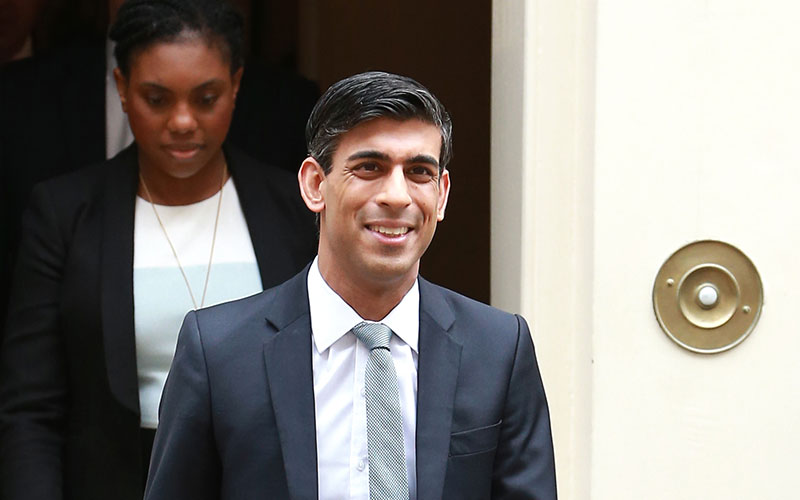Recruiters key players in Chancellor's job protection strategy

Chancellor Rishi Sunak delivered his summer statement on Wednesday 8 July, outlining his plans for restarting the economy.
Before laying out his plans, the chancellor made clear his commitment to protecting the jobs market which has been halted by the coronavirus pandemic. This was a summer statement designed to protect, support and create jobs with the chancellor admitting that he was “unprepared to accept unemployment as an unavoidable outcome of this pandemic”. The role of the recruitment industry as a key player in the jobs recovery strategy was also recognised by the Chancellor as he outlined his plans to increase employment support by utilising the private sector(recruiters).
The government will provide £40 million to fund external capacity to introduce a job finding support service in Great Britain. This online, one-to-one service will help those who have been unemployed for less than three months increase their chances of finding employment. Although further details are yet to be announced, it is believed that this scheme will work similarly to the DWP 2008/9 Jobcentre Plus scheme which partnered with local recruiters to provide employability support to job seekers.
Committing resource to supporting the unemployed via private employment businesses has two clear benefits: immediate help for the unemployed, and a more robust recruitment sector as the recovery heats up – better able to drive unemployment down. The labour market has been significantly impacted since the Covid-19 pandemic, and lockdown has pushed the economy into recession. According to REC's Report on Jobs data, the number of vacancies in April halved, while unemployment claimant surged to over 2 million. Although there are signs that the market is picking up, a recovery strategy, involving the recruitment industry will no doubt help. As experts in the labour market, recruiters can support workers from declining sectors into expanding and viable sectors. Such a partnership was successful in 2008, following the financial crash, as recruiters delivered key employability services. It’s our understanding that employment businesses will be able to bid in order to participate.
Other DWP job boosting measures included in the statement:
- A £2 billion Kickstart Scheme. To combat the looming youth unemployment crises, the government will be rolling out a £2billion Kick Starter Scheme. The scheme will fund high quality temporary 6-month work placements aimed at those aged 16-24 who are on Universal Credit and are deemed to be at risk of long-term unemployment. Funding available for each six-month job placement will cover 100% of the National Minimum Wage for 25 hours a week – and employers will be able to top this wage up.
- £150 million to boost the flexible support fund and allow jobcentres to put in place the right support for their community and to increase capacity of the rapid response service that can be deployed for large local redundancies.
- Expanding the Work and Health programme to provide personalised, light touch support for up to 6 months for those who have been unemployed for three months.
There was also good news for employers concerned about the end of the Job Retention scheme. The government will be offering employers a one-off payment of £1,000 for every furloughed employee that remains employed with them until January 2021. Considering the generous package of support given to businesses to safeguard jobs, it came as no surprise that the chancellor is keen to protect the jobs that had been saved through the furlough scheme.
Meanwhile, the Hospitality industry was given a demand boost with VAT cuts on food, drink, attractions and an ‘Eat out to help out’ voucher for customers.
The REC will continue to work with the government in the upcoming weeks on how recruiters can bid for funding for the job finding solution and how the bonus scheme will work with agency workers.
Learn more about REC campaigns here.
Image credit | Shutterstock
